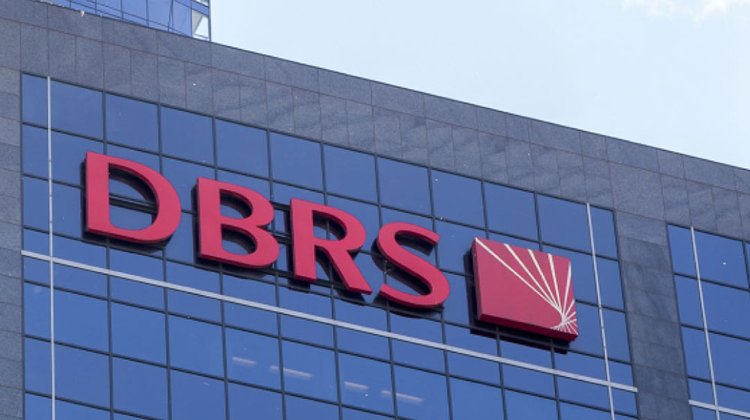DBRS Morningstar confirms Cyprus at BBB, stable trend
08:12 - 03 April 2023

DBRS Morningstar has confirmed the Republic of Cyprus’ Long-Term Foreign and Local Currency – Issuer Ratings at BBB and the Short-Term Foreign and Local Currency – Issuer Ratings at R-2 (high).
The trend on all ratings remains Stable.
DBRS Morningstar is the world's fourth largest credit ratings agency and a market leader in Canada, the US and Europe in multiple asset classes.
According to the rating agency on 31 March, the stable outlook balances recent favourable fiscal dynamics against important downside risks for the fiscal and economic outlooks. Noting that fiscal balances have improved markedly over the past year, DBRS notes that the general government budget balance turned into a surplus of 2.3% of GDP from a deficit of 1.7% in 2021, driven by a large decrease in public COVID-19 support measures.
In addition, nominal tax revenues were boosted by high inflation and strong economic growth with real GDP expanding by 5.6% in 2022. "These favourable fiscal and economic growth dynamics contributed to a marked decline in the government debt-to-GDP ratio to an albeit still high 86.5% in 2022 from 101.0% in 2021. In DBRS Morningstar’s view, maintaining this downward trend in debt metrics is key for raising the upward pressure on the rating", it underlines.
DBRS expects the new government to remain committed to fiscal prudence. Furthermore, future economic growth dynamics are likely to be supported by the opening of large-scale tourist facilities and inflows of Next Generation EU funds. At the same time, DBRS Morningstar notes that the economic and fiscal outlooks are exposed to important downside risks such as a further escalation of the conflict in Ukraine and the recent marked increase in global financial fragility.
"While the resilience of the large domestic banking sector to an international financial shock is supported by very strong liquidity buffers, a potential further increase in global financial volatility might weaken external and internal demand in relation to the Cypriot economy and, as a result, weigh on tax revenues", DBRS notes in its press release, clarifying that a higher-than-currently expected slowdown in economic growth might dampen recent favourable government debt dynamics. Apart from a potential growth shock, risks for debt dynamics might emanate from a potential materialisation of contingent liabilities in the banking sector related to the still high legacy stock of non-performing loans in the banking system.
The BBB ratings are supported by a stable political environment, the government’s sound fiscal and economic policies in recent years, and a favourable government debt profile. Furthermore, "although governance indicators have weakened over the past years, DBRS Morningstar continues to view the country’s EU membership as an important anchor for institutional quality", it notes.
On the other hand, Cyprus also faces significant challenges due to a still high public debt burden and the economy’s comparatively low level of labour productivity, while the ratings of Cyprus continue to be constrained by the small size of its service-driven economy, which renders it vulnerable to external shocks.
According to the credit agency, the ratings could be upgraded if sustained economic growth and a lasting strong fiscal performance leading to a further reduction in the public debt ratio occurs, and/or there are evidence of increased economic resiliency and rising labour productivity levels.
On the other hand, the ratings could be downgraded with a significant deterioration in the public debt trajectory, potentially due to a prolonged period of weak growth, rising budgetary pressures, or materialisation of large contingent liabilities and/or if a material reversal of the downward trajectory in stock of NPLs in the banking sector occurs.
DBRS notes that moderate budgetary pressures are likely to emanate from the National Health System and the planned expansion of KEDIPES. It also refers to potential future changes to international corporate taxation, that constitute a risk factor for public finances given Cyprus’s relatively high share of fiscal revenues coming from this source. Corporate income tax revenues amounted to a large 6.5% of GDP in 2021, compared to an average of 3.1% for OECD countries.
DBRS suggests that ratings are supported by stable political environment and strong institutions, as it expects no major change in policy direction under the new government. This applies particularly with regard to fiscal policy and the reforms embedded in Cyprus’s recovery plan, which aim to enhance the efficiency of the judicial system and the public administration, to combat corruption, and to boost the economy’s green and digital transition. The implementation of the plan will depend on the government’s ability to garner sufficient support in parliament to pass legislation, DBRS concludes.
(Source: CNA)

